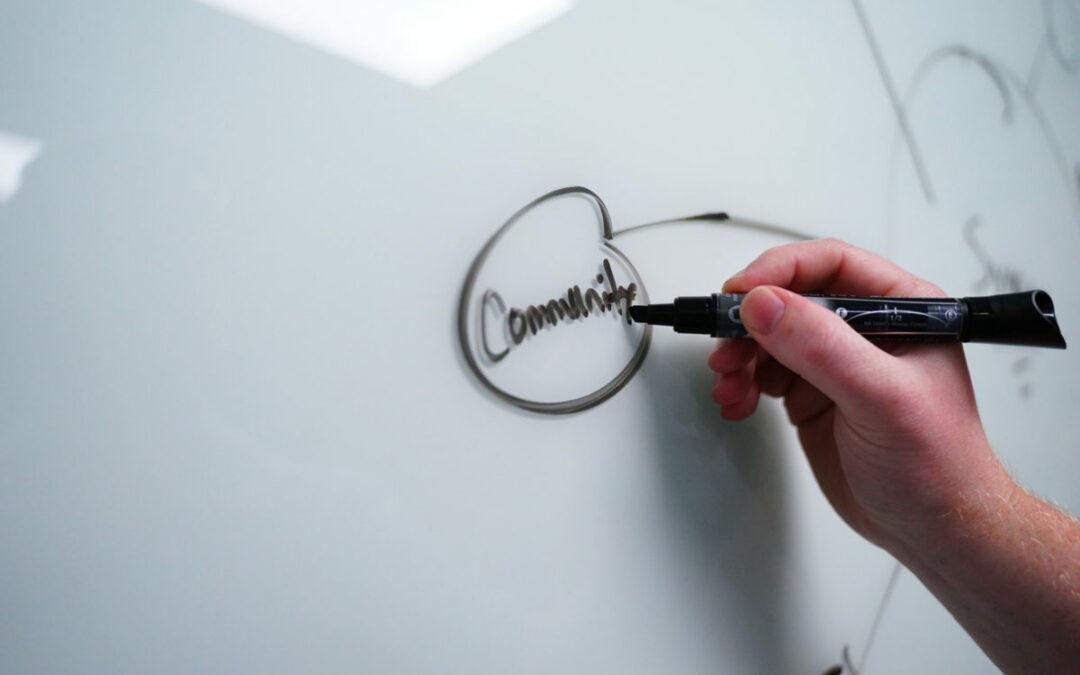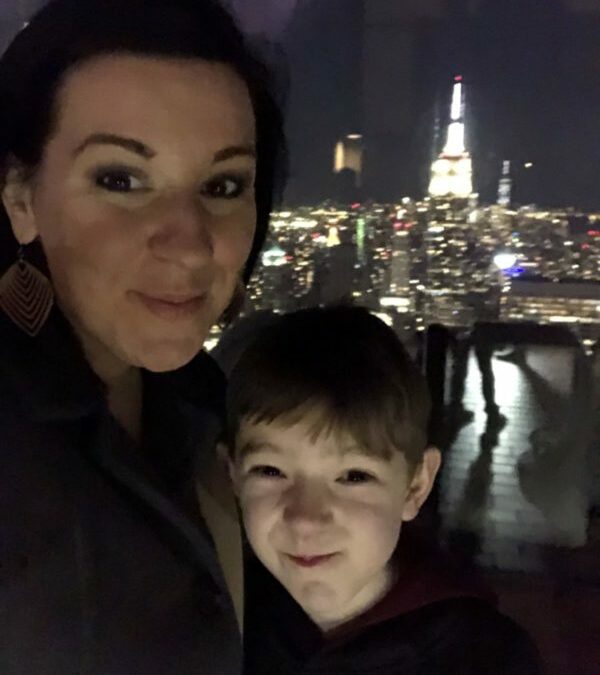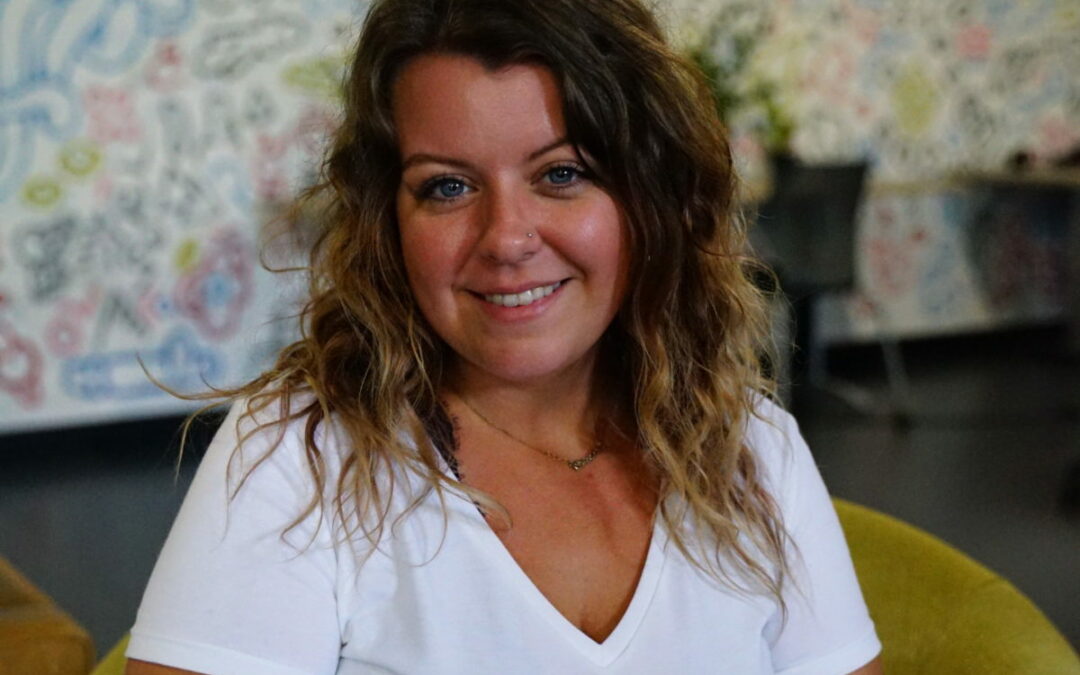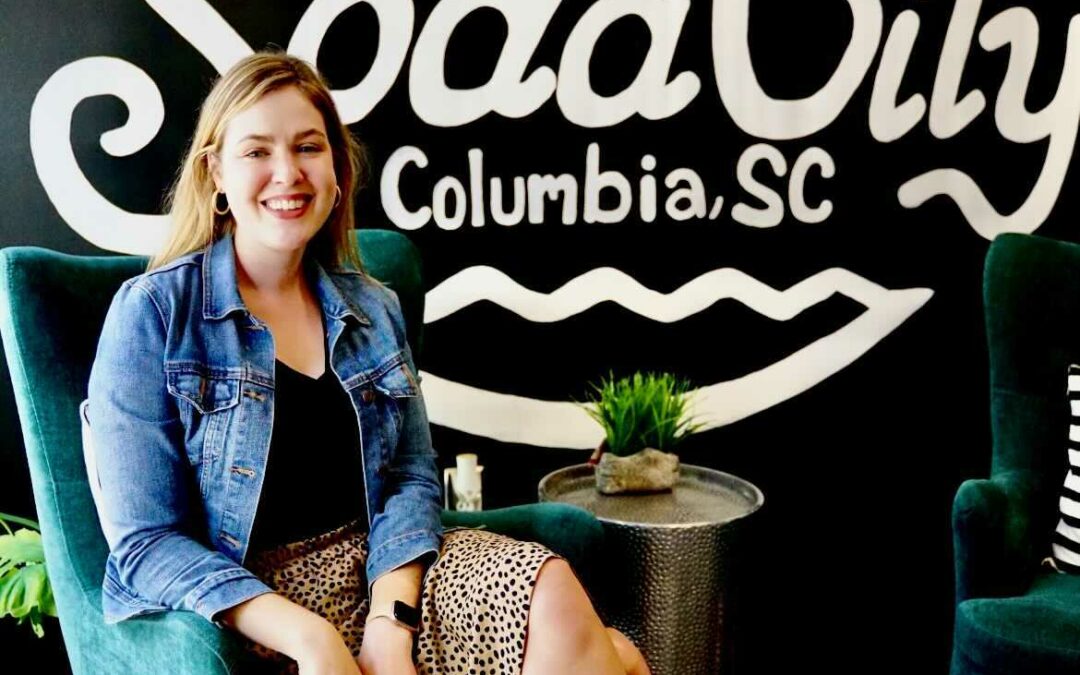
by soco_admin | Dec 30, 2021 | Featured, SOCO Members
As 2021 comes to a close, we can again say, “what a year.”
The challenges were real, folks. It was a roller coaster ride in more ways than one. And while it’s easy to focus on the lows, we want to highlight the good things that happened around the SOCO community.
It’s a bit of a “family tradition” around here. Once a month, we have #winningwednesdays which we use as a time for members to share the awesome stuff in their life (business or personal). And once a year, we ask them to tell us what they’re most proud of over the last 12-months.
The answers cover a broad spectrum of accomplishments. But the common theme is this: these folks did incredible things over the past year, like freelance copywriter Cat Treme, who kept her business going (and thriving) while caregiving for her parents.
Or Mary Cate Spires, who wrote a book that’s scheduled for publishing in 2022. We love to see our folks be recognized for their hard work.
Others, like Amanda Goforth and Jeremy Tong, landed new jobs (working remotely at SOCO 🙌) with companies they’re really excited about.
And SOCO’s own Whitney Balish blew through her reading goal of 60 books (“I’m sorry, did you say 60”)? And read 78 books as of the publishing of this article (her highest total ever).
Yours truly (Ben Culbreth), quit the 9-to-5 life to become a full-time freelance writer.
These are just a few examples of what members are up to. From building new companies to leading non-profits, we’ve got a pretty amazing group of people who call this community home.
We don’t like to talk about ourselves too much, but we’d be remiss, not to mention a few things we’re proud of.
First, we welcomed two new team members; the aforementioned super reader, Whitney Balish, who’s leading our sales and business development efforts, and Hannah Lee, who manages operations and makes sure the workspaces work the way they’re supposed to.
For the first time since SOCO 80808 opened, we participated in Vista Lights and welcomed more than 1,000 people to our humble abode in one evening.
We invested blood, sweat, and maybe a few tears into the GrowCo Growth Summit and continued to fulfill one of our values by supporting the entrepreneurial community.
At 80808, we made some home improvements by enclosing offices to give members a better experience to do their best work. In addition, we upgraded seating at both locations and added outdoor lighting. In short, we have the best work infrastructure in the city (Seriously, it’s really awesome).
And gave back; SOCO members lead the way by donating more jackets and coats, which will keep local students warm this winter than any other group participating. We have Dawn Dawson-House to thank for getting us involved.
It’s been a long year. But we’ve battled through a pandemic and many other things, and we’re still here. We’ll continue to support the good people who choose to be part of SOCO. We’ll tell powerful stories and hopefully offer the advice and insight that will make you better at what you do and a better human.
Nothing in life is a given. Not for one second do we take for granted the opportunity we have to serve people who are doing work that is changing our city and the world. Whatever 2022 throws our way, we’re ready. And we hope you’ll be right there beside us.

by soco_admin | Dec 10, 2021 | SOCO Members
Malai Roper has always loved teaching. She loves helping kids learn. She’s been in education for 14 years and even though she’s not in the school classroom, she’s continuing to help kids and their families through her tutoring business, The Art of Learning.
Tell Us About What You Do
I’m an eduprenuer (as I like to call it) which means educator + entrepreneur. This is my 14th year as an educator, and five years ago, I started tutoring students as a side hustle. Well, in October, I decided to launch full-service online tutoring and test prep company for busy, overwhelmed families.
What Are Your Passions? What Do You Love Doing? Business or Personal.
In business, I’m incredibly passionate about education and children. I started The Art of Learning as a way to help children beyond the classroom. My family calls me the “kid whisperer”. I believe there’s a special light in every child.
Personally, I’m an enneagram 7 – The Enthusiast. I love adventure and trying new things. Some of my passions are yoga and meditation, painting (with guidance), and traveling.
What is one wealth building, debt elimination, or personal finance tip that you would share with the community?
Learn from others! No one size fits all, but tuning into the experiences of others is beyond valuable. Also affirm your wealth by saying “I dwell in a sea of abundance.” – Florence Scovel Shinn
What’s Been The Hardest Part of Your Journey?
The hardest part of my journey has been transitioning from the education space to the entrepreneur space. For years, I’ve been immersed in all things teaching, and we have our own teacher language and acronyms. Teaching also has its own set of groups and organizations. The entrepreneur space is somewhat similar – there’s a certain language and groups. I’m navigating between the two right now and learning as I go.
What’s Been The Most Rewarding Part of Your Journey?
The most rewarding part of my journey is meeting so many AMAZING women in business! Columbia has a growing community of women founders and CEOs. I’m inspired and it keeps me motivated.
How Has SOCO Supported You On This Journey?
I’m new to SOCO and it’s been a great space to connect with the entrepreneur community. Working from home had its perks, but walking into SOCO energizes me. Everyone has been extremely supportive and I’m looking forward to the journey ahead!

by soco_admin | Nov 1, 2021 | SOCO Members
Jessica is a digital marketer, a mom, a traveler, and she’s doing life better. We think she’s awesome, but we’ll let her tell you the rest of her story.
Tell Us About What You Do.
I’m the owner of DLB Marketing and have two awesome employees. We’re all creatives who truly love what we do. Whether it’s a business card, an instagram post, or a TV commercial, we love finding ways to show potential customers how great our clients are.
What Are Your Passions? What Do You Love Doing?
I started diving into personal development at a young age so I’m always looking to be the best version of myself. That’s where my company name came from. I started a personal mission to Do Life Better years ago when I felt “stuck” and uninspired. I have a podcast Do Life Better with Jess where I break down my triumphs and lessons learned from failures.
Other random facts. I have an awesome ten year old son. I am obsessed with traveling & spontaneous so you never know where I might be. I love good wine.
What is one wealth building, debt elimination, or personal finance tip that you would share with the community?
Find someone who inspires you or who is an expert at money and mirror what they do. For me that means, say “no” to the things I don’t need more often, save more, and invest for the future.
What’s Been The Hardest Part of Your Journey?
There’s so many things along the way that have been hard. I don’t know if I could name them all but I’m intensely grateful for every single difficult thing. It’s made me who I am. It’s convinced me there’s nothing I can’t do. When it gets hard, that’s proof you’re on the right track.
What’s Been The Most Rewarding Part of Your Journey?
I have to come back to the personal development. This journey has made me the person I am today and will continue to shape me in the future. Also, seeing my clients grow their businesses never gets old. We’re both winning at the same time and I love that.
How Has SOCO Supported You On This Journey?
I’m fairly new to SOCO but I have met some great people and look forward to meeting many more. Being a creative personality, the office spaces have been great for me when I need a change of scenery. I can choose where to work based on my mood and project which is so fun.

by soco_admin | Aug 27, 2021 | SOCO Members
Meet Bacarri Byrd
Bacarri Byrd is an independent researcher, a coffee connoisseur, and avid reader. We think she’s awesome. She’s doing amazing work on African-American history. Now, we’ll let Bacarri tell you a little more about herself!
Let’s talk about what you do for work
Due to my cool sense of curiosity, I have a great opportunity to research on a variety of topics including but not limited to: language, culture, and digital spaces.
Okay, what are you passionate about? What brings a smile to your face?
My passion is tapping into the unknown so that the world can be a far better place. I absolutely love reading books around history, tech and rhetorical theory!
In my spare time, I can be seen grabbing a cup of coffee at Big Bucks (Starbucks).
Give us your best piece of money advice
One personal finance tip I would give is to invest early and it’s never too early to SAVE. As a sole proprietor it is so important to save money for rainy days.
Having a cushion to fall on in times of uncertainty is so beneficial to your business.
Tell us about the biggest challenge of your journey
Being disciplined. With the new freedom of remote-work, you can easily fall into the trap of finishing at a later time. Full stop. Always finish when you can and do not wait until later!
Now tell us about the best part of your journey!
Flexibility & having full control of how I spend my time.
How Has SOCO Supported You?
SOCO has provided me with a space and community of professionals who are all passionate in their work. Through my membership, I have a place I can come to in the late night hours to refrain from keeping my family up.
More importantly, I have engaged in several meaningful conversations that have opened my eyes to various possibilities. Thank you, SOCO!

by soco_admin | Aug 23, 2021 | SOCO Members
Hannah is another one of our new team members. She’ll working as our ops support manager. You’ll see her out and about at 80808 and Bull Street. We know Hannah is going to make this place run like a well oiled machine so you’ll have an even better experience. We’ll let Hannah take over and tell you about how cool she is.
Who Do You Work For?
I am the Operations Support Manager for SOCO.
Tell Us About What You Do. Brag a Little (50 words or less)
From administration to facilities, I keep the wheels in motion. My job is to identify problems and find solutions that streamline our operations, so we can be our best and most consistent for our members!
What Are Your Passions? What Do You Love Doing? Business or Personal.
I am really passionate about spending quality time with the people I love. I also love time spent outdoors, especially if there’s music involved!
What is one wealth building, debt elimination, or personal finance tip that you would share with the community?
STICK TO YOUR BUDGET!
What’s Been The Hardest Part of Your Journey?
The hardest part of my journey has probably been fighting burn out from retail operations, and actively trying to make a path into a work-life balance I love.
What’s Been The Most Rewarding Part of Your Journey?
The most rewarding thing for me is seeing my efforts make a difference. In terms of my journey, it would be achieving the work-life balance I was striving for by leaving my 60 hour work-weeks behind.
How Has SOCO Supported You On This Journey?
SOCO has given me the opportunity to work with an amazing team that is extremely driven, but by a love of people and community!

by soco_admin | Aug 23, 2021 | SOCO Members
Whitney is one of the new folks on team SOCO. She’s a pretty awesome person and we’re super pumped to have her on board as our Director of Business Development (and first full-time hire!). We can’t wait to see all the cool stuff she’s going to accomplish here. But enough of us talking, we’ll let Whitney tell you about herself.
Who Do You Work For?
SOCO 🙂
Tell Us About What You Do. Brag a Little (50 words or less)
Business development & sales. Finding new members and expanding events at SOCO.
What Are Your Passions? What Do You Love Doing? Business or Personal.
Business – Developing relationships with people and a community.
Personal – Reading, walking with my husband and our dogs, visiting local breweries and biergartens.
What is one wealth building, debt elimination, or personal finance tip that you would share with the community?
I am definitely not the person to ask hahaha! (Whitney will like our personal finance boot camp!)
What’s Been The Hardest Part of Your Journey?
One of my passions is getting involved in the community. My husband and I moved a good bit, and it was difficult to get established in a community when you don’t have any contacts in the area. It was really challenging having to start over from square one repeatedly. We are happy to be back home!
What’s Been The Most Rewarding Part of Your Journey?
Usually some of the hardest parts are the most rewarding. I am thankful I was able to join and help build communities/relationships in the different places I lived. I always learn something new to take with me. There is nothing better than watching something you helped build flourish!
How Has SOCO Supported You On This Journey?
Offered me an amazing opportunity!






